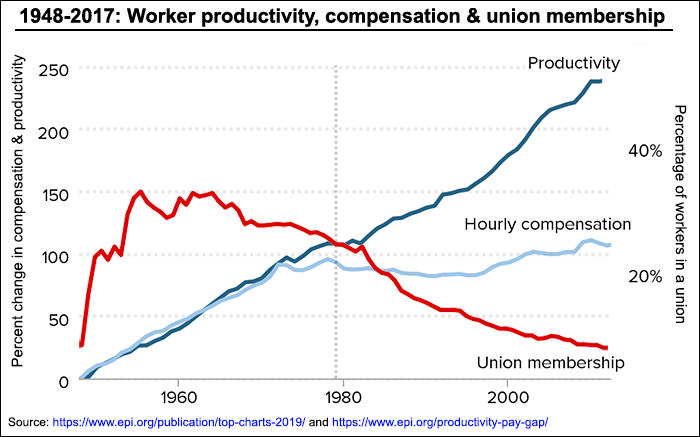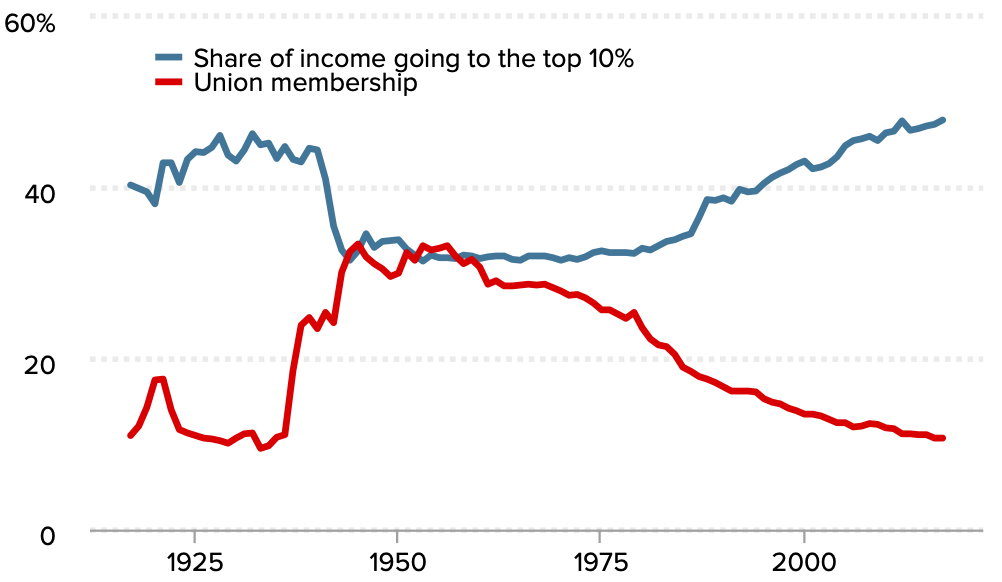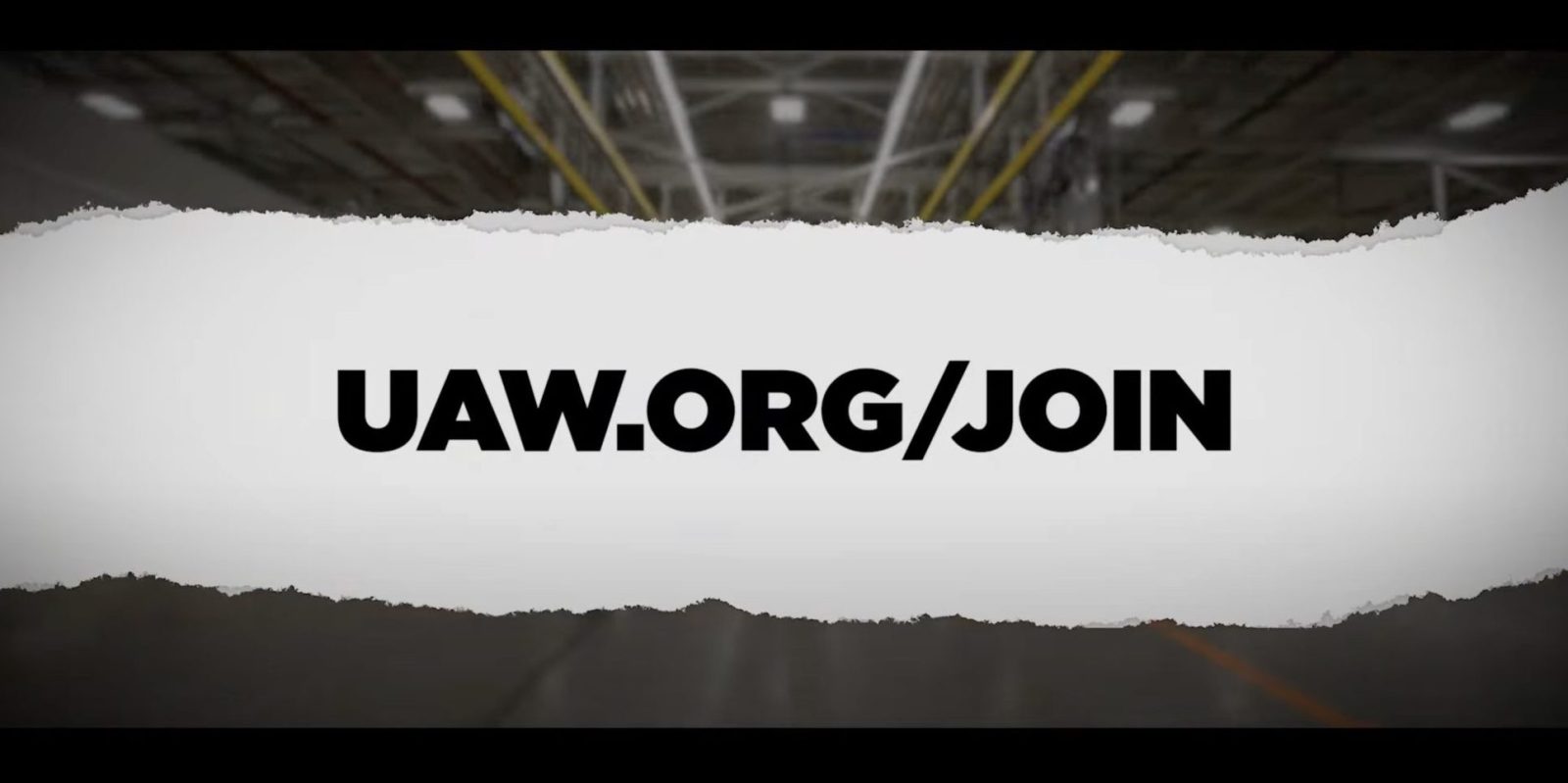The UAW has launched an unprecedented campaign to unionize the entire US auto sector at once, with thousands of auto workers at 13 companies announcing simultaneous unionization campaigns.
After UAW’s big strike win, winning 25%+ pay increases at the “Big Three” American automakers after a simultaneous strike at GM, Ford and Stellantis, the union is looking to maintain that momentum and go bigger.
Immediately after declaring victory, UAW President Shawn Fain said that in the next negotiation in 2028, UAW wants to come back to the bargaining table to negotiate not just with the Big Three, but with “a Big Five or a Big Six” – implying that the union planned to expand to other automakers. And President Biden said that he would support a UAW push to unionize Tesla and Toyota.
Now we’ve seen an official announcement that UAW isn’t just looking to unionize two or three more automakers, but all of them at once. Typically, unionization campaigns focus on a single company at a time, but here UAW is targeting a whole sector with simultaneous campaigns at each individual company. This seems like a tall order, but UAW’s triple-strike against the Big Three seemed to work out well, so it’s now applying that simultaneous tactic to organizing new union drives.
In service of its goal, UAW launched a new website at uaw.org/join, asking workers at each company to sign their union card. The website mentions several automakers by name, and has links to individual campaigns for each automaker where workers can go to express their interest in unionizing:
The campaign was accompanies by a video narrated by Fain making his union pitch. In short, UAW says that automakers and investors are making record profits, but that worker compensation has not kept up. The video specifically mentions Tesla and Rivian’s recent quarterly results, and also states that the Japanese/Korean automakers have combined to make $470 billion in profits, and the German automakers have made an additional $460 billion, in the last ten years.
Since the UAW’s big wins, other automakers have moved to increase pay to (partially) keep up with pay increases at the Big Three. VW, Hyundai, Toyota and Honda have all announced hikes in pay, showing how union wins can buoy an entire industry by making automakers compete for workers with higher pay.
But UAW doesn’t want to stop at a few voluntary pay hikes from other companies, it thinks that unionizing those companies can give workers a better deal. One worker at Toyota’s Georgetown, Kentucky plant put it thusly:
We’ve lost so much since I started here, and the raise won’t make up for that. It won’t make up for the health benefits we’ve lost, it won’t make up for the wear and tear on our bodies. We still build a quality vehicle. People take pride in that, but morale is at an all-time low. They can give you a raise today and jack up your health benefits tomorrow. A union contract is the only way to win what’s fair.
Jeff Allen, 29-year Toyota assembly worker
UAW also quoted workers at Hyundai, VW, Mercedes and Rivian in its release, focusing on how they think unionization would improve safety and benefits at these automakers.
Electrek’s Take
Unions are having a bit of a moment in the US, reaching their highest popularity ever since surveys started asking about them.
Much of union popularity has been driven by COVID-related disruptions across the economy, with workers becoming unsatisfied due to mistreatment (labeling everyone “essential,” companies ending work-from-home) and with the labor market getting tighter with over 1 million Americans dead from the virus and another 2-4 million (and counting) out of work due to long COVID.
Unions have seized on this dissatisfaction to build momentum in the labor movement, with successful strikes across many industries and organizers starting to organize workforces that had previously been nonunion.
But union membership has been down over several decades in the US, and as a result, pay hasn’t kept pace with worker productivity and income distribution has become more unequal over time. It’s really not hard to see this influence when you plot these trends against each other.


It’s quite clear that lower union membership has resulted in lower inflation-adjusted compensation for workers, even as productivity has skyrocketed. As workers have produced more and more value for their companies, those earnings have gone more and more to their bosses rather than to the workers who produce that value. And it all began in the 80s, around the time of Reagan – a timeline that should be familiar to those who study social ills in America.
All of this isn’t just true in the US but also internationally. If you look at other countries with high levels of labor organization, they tend to have more fair wealth distribution across the economy and more ability for workers to get their fair share.
We’re seeing this in Sweden right now, as Tesla workers are striking for better conditions. Since Sweden has 90% collective bargaining coverage, it tends to have a happy and well-paid workforce, and it seems clear that these two things are correlated. And while that strike is continuing, meaning we haven’t yet seen the end of it, most observers think that the workers will eventually get what they want since collective bargaining is so strong in that country.
These are all reasons why, as I’ve mentioned in many of these UAW-related articles, I’m pro-union. And I think everyone should be – it only makes sense that people should have their interests collectively represented and that people should be able to join together to support each other and exercise their power collectively instead of individually.
This is precisely what companies do with industry organizations, lobby organizations, chambers of commerce, and so on. And it’s what people do when sorting themselves into local, state, or national governments. So naturally, workers should do the same. It’s just fair.
